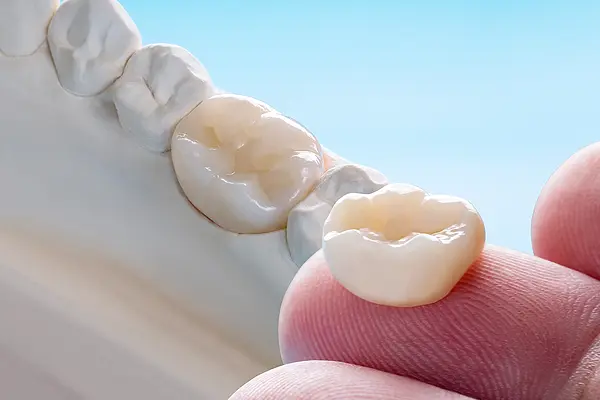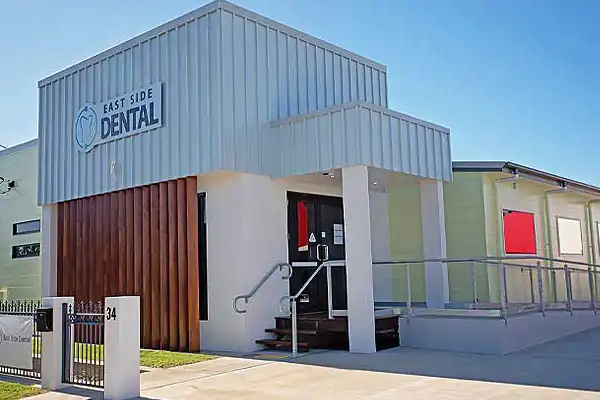Dental Crowns
Restores a decayed, broken, weak or worn-down tooth
Dental crowns are basically a cap that protects damaged, cracked and worn teeth. A variety of materials are applicable for constructing a crown including metal, gold, porcelain, ceramic, zirconia or composite resin.

The Benefits Of Dental Crowns
Dental crowns also improves appearance and restores the shape, size and strength of a weak tooth.
- Dental crowns protect the entire surface from any further decay, damage or erosion.
- They also improve the aesthetics of your teeth.
- When teeth need strengthening dental crowns may be the treatment for you.
- Covers the tooth from further damage
- Improves Chewing / Eating
- It also stabilizes a tooth after a root canal procedure.
When Do You Need A Dental Crown?
- After root canal treatment
- If the damage of the tooth is significant due to cavity or fracture, a dental crown is a good choice to restore the tooth.
- If there is tooth wear from erosion or grinding
- For cosmetic purposes crowns can enhance the appearance of your teeth.
What Are Dental Crowns Made From?
Dental crowns are usually made of metal, gold, porcelain, ceramic, zirconia, composite resin or a combination of materials. At Eastside Dental, Bundaberg our dentists only use dental crowns that best suits you and will consider factors such as:
- The location of your tooth
- Position of your gum tissue
- Function of the tooth that needs the crown
- The condition of natural tooth that is remaining
- Shade of the surrounding teeth
How Long Do Dental Crowns Last?
A dental crown can last 10-15 years or longer when you maintain it well. Besides, there are various factors including maintaining good oral hygiene, good diet and regular dental check-ups. Remember, dental crowns require the same level of care and attention as your natural teeth.
Dental Crown Procedure
- The dentist examines the tooth that needs the crown. This involves taking X-rays of the tooth.
- Your dentist will prepare the outer layer of the tooth.
- An impression or scan will be made of your tooth and the surrounding teeth.
- The dentist will place a temporary crown over your tooth to protect it.
- The impression or scan of the tooth is sent to a lab that makes the crown.
- When the crown ready, your dentist removes the temporary crown and cements the permanent crown to your tooth.
What Is A Temporary Crown?
A temporary crown remains in your mouth for a short period of time to protect your tooth. Your dentist will place it over your tooth with an adhesive that you can easily remove. This is done while the permanent crown is being made. The dentist will cement permanent crown on your tooth during a second appointment.
Dental Crown Care
It Is Important To Take Good Care Of The Crown To Prolong Its Life.
- Practice careful brushing. Brushing your teeth twice a day
- Flossing daily can help keep all your teeth including the crown in good shape
- Avoid hard foods such as chewing ice or hard foods as it might cause your crown to crack
- Furthermore, if you grind or clench your teeth at night your dentist may recommend a night guard to protect your crown.

What Should I Do Next If I Have A Broken Or Chipped Tooth?
This Bundaberg Dentist specialises in dental crowns. If you are considering having dental crowns, then Eastside Dental, Bundaberg can be of help. Call (07) 4151 7305 for an appointment.
Payment Options / Plans
Payment plans are essentially loans, which can support you in managing the high cost of dental treatment. Rather than paying for your dental work in an upfront lumpsum, a payment plan allows you to pay in instalments over a period of time. We have onboard, payment plan service providers who will make your payment plan’s instalments even more affordable.
There are several payment options available at our surgery including Cash, Cheque, EFTPOS, Credit Card, HICAPS, AMEX and Direct Deposit.







